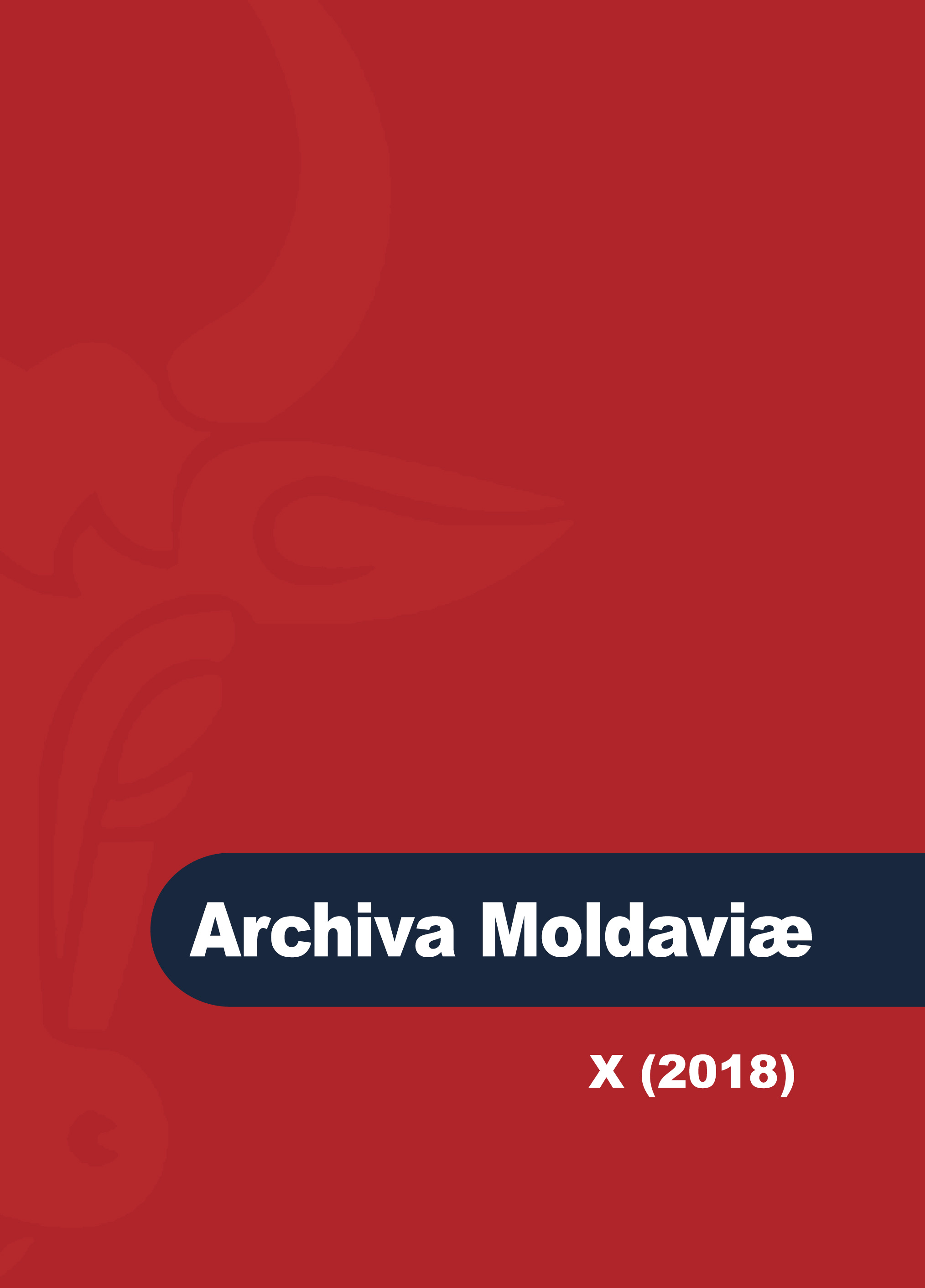Oportunism și colaboraționism intelectual în timp de război.
Pe urmele „expedițiilor academice” românești la Odesa
în anii 1941-1944*
Intellectual Opportunism and Collaborationism in Wartime:
The Romanian “Academic Expeditions” to Odessa in 1941-1944
Author(s): Flavius SolomonSubject(s): WW II and following years (1940 - 1949)
Published by: Societatea de Studii Istorice din România
Keywords: World War II; Propaganda; Science in Wartime; Romania and Transnistria; University of Iași; University of Odessa; Intellectual Opportunism and Collaborationism;
Summary/Abstract: This article discusses the nexus between political/military power and the academic community during wartime. It focuses on two case studies regarding the University of Iași and the University of Odessa during World War II. In the interwar period, a number of historians, literary scholars, and ethnographers based in Iași were constantly invoking and complaining about the insufficient funding of the departments and chairs specializing in the humanities at the University of Iași, in comparison with the other significant Romanian university centers, notably Bucharest. At the beginning of World War II, the Antonescu regime launched a large-scale propaganda campaign specifically targeting foreign audiences. This campaign, which also focused on the recently occupied region of Transnistria, led, among other things, to a substantial increase of the funding allocated to the University of Iași. In exchange for these more generous funds, certain scholars affiliated with this university agreed to publish a number of works and to present a series of public lectures, which directly supported the policies pursued by the Romanian occupation regime in Transnistria and the ambitious claims concerning theeventual annexation of this region by the Romanian state after the war’s conclusion. Some of these public lectures were held in Odessa. During their stay in Odessa, the Iași university professors were closely involved in various interactions with members of the local intelligentsia, who had not managed or had refused to leave the city together with the retreating Soviet troops. A first category of collaborationists mainly consisted of well-known and respected figures from the university milieu. Some of these people had been victims of Stalinist repressions and experiments. Without necessarily succumbing to the pressures of the occupation authorities or following a clear ideological line, they resorted to their professional prestige and their undeniable public influence in order to become an interface within the complicated relationship of the Romanian occupation regime with the city’s local population. Their immediate aim was to secure the continuing functioning of the university. The second category of collaborationists, which mostly included younger university lecturers, journalists, actors, and musicians, openly accepted the radical ideologies of racial inequality and anti-Communism promoted by the occupation regime in Transnistria. The apparent perspective of a swift upward social mobility and professional success was a strong motivation for following this trajectory.
Journal: Archiva Moldaviae
- Issue Year: X/2018
- Issue No: 10
- Page Range: 341-362
- Page Count: 22
- Language: Romanian

